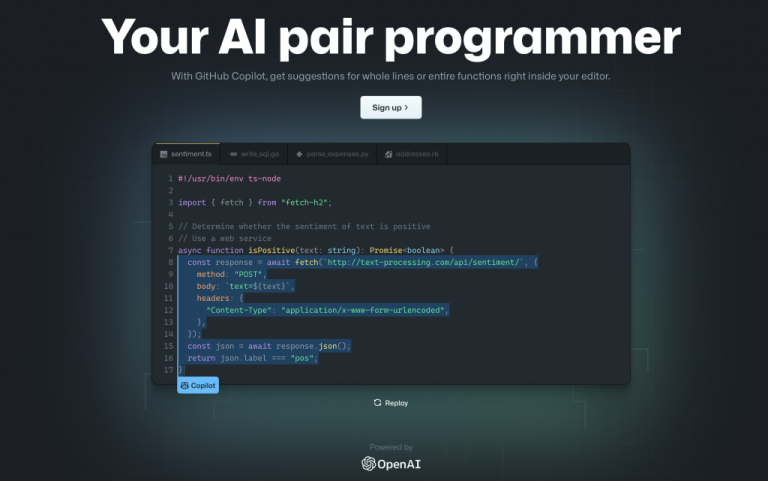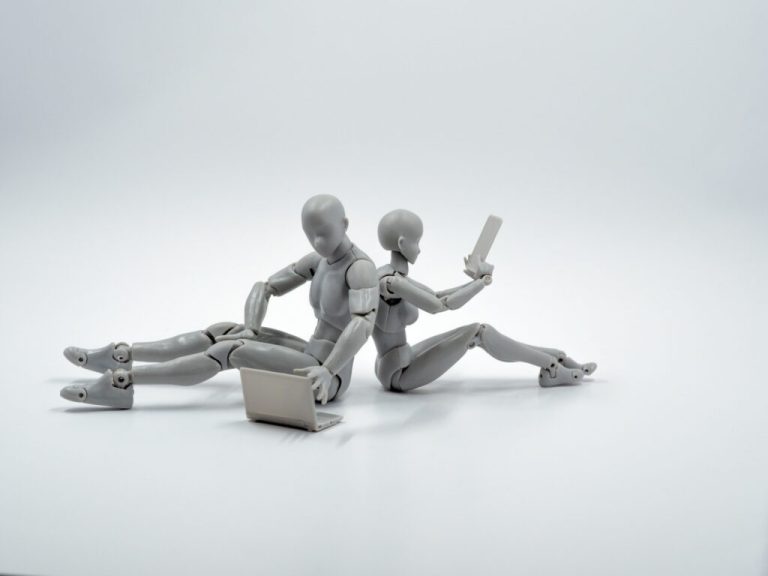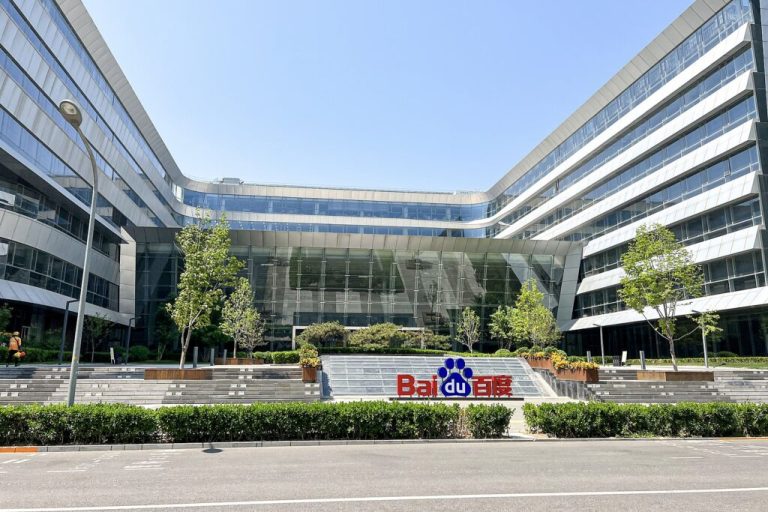Transforming Industry: How Microsoft and Siemens are Redefining Business with AI-driven Copilot Innovations
Microsoft and Siemens Revolutionize Industry with AI-Powered Copilot
Microsoft and Siemens are collaborating to transform the landscape of human-machine interaction in the manufacturing sector. The partnership has led to the development of the Siemens Industrial Copilot, an advanced AI assistant aimed at enhancing synergy between humans and machines. This innovative tool streamlines the generation, optimization, and debugging of complex automation code, cutting down simulation times from weeks to mere minutes.
Central to this collaboration is the integration of Siemens Industrial Copilot with Microsoft Teams, which facilitates seamless connections among design engineers, frontline workers, and various business teams. This integration not only simplifies virtual collaboration but also equips professionals with AI-fueled tools that make previously time-consuming tasks much more efficient.
Satya Nadella, Microsoft’s Chairman and CEO, emphasized the vast opportunities this partnership presents, stating, “With this next generation of AI, we have a unique opportunity to accelerate innovation across the entire industrial sector.” Siemens’ CEO, Roland Busch, further echoed the transformative potential this collaboration holds for design, development, manufacturing, and operational processes.
The companies foresee that AI copilots will play pivotal roles in various industries, including manufacturing, infrastructure, transportation, and healthcare. Schaeffler AG, a prominent automotive supplier, has already begun utilizing generative AI, enabling its engineers to produce reliable code for industrial automation systems and minimize downtimes.
To enhance virtual collaboration, Siemens and Microsoft are introducing Teamcenter for Microsoft Teams. This application leverages generative AI to bridge functions across product design and manufacturing lifecycles. It promises to provide millions of workers, who previously lacked access to Product Lifecycle Management (PLM) tools, the opportunity to engage actively in design and manufacturing processes.
This partnership between Microsoft and Siemens exemplifies how AI can empower industries and professionals, revolutionizing traditional workflows and encouraging global innovation.
(Photo by Sezer Arslan on Unsplash)
Magistral: Mistral AI Challenges Big Tech with Reasoning Model
The AI blockchain: What is it really?
Apple Opens Core AI Model to Developers Amid Measured WWDC Strategy
Reddit Sues Anthropic for Scraping User Data to Train AI
This clean HTML maintains the format while enhancing readability and engagement. Each topic is clearly separated, following your instructions for HTML formatting.
OpenAI’s Second Largest Paying Market Establishes Office: The South Korean Story
In an exciting development for the field of artificial intelligence, OpenAI has opened its new office in South Korea, a move highlighting the nation’s significance as its second largest paying market. This expansion underscores OpenAI’s commitment to investing in regions that demonstrate a strong demand for innovative AI solutions.
As AI technology continues to evolve, the South Korean market has shown remarkable enthusiasm, reflecting a broader global trend where industries are increasingly turning to AI for enhanced efficiency and competitiveness. By establishing an office in South Korea, OpenAI aims to foster closer collaboration with local enterprises and contribute to the growing landscape of AI applications in the region.
The decision to set up a physical presence demonstrates OpenAI’s dedication to understanding and addressing the specific needs of South Korean businesses and consumers. This strategic move not only enhances OpenAI’s operational capabilities but also positions the company to better serve its clients in one of the fastest-growing AI markets worldwide.
AI Chip Demand Amid Global Trade Uncertainty
In other related news, TSMC has reported an unprecedented surge in demand for AI chips, raising concerns about the impact of ongoing tariff negotiations under the Trump administration. As companies ramp up their AI capabilities, this demand for advanced semiconductor technology is expected to shape the future of numerous sectors, from manufacturing to consumer electronics.
With AI becoming integral to business strategies, the focus on producing high-performance chips that can support complex machine learning algorithms is more vital than ever. Industry experts are closely monitoring the situation, recognizing that developments in chip manufacturing can significantly influence the broader tech landscape.
Legal Challenges in AI Development
In a legal twist within the AI space, Reddit has taken action against Anthropic, alleging unauthorized data scraping practices used to train AI models. This lawsuit highlights ongoing concerns surrounding data privacy and ethical considerations in AI development.
As AI companies navigate the complexities of data usage, the outcome of this case could set important precedents regarding user consent and data ownership, guiding future practices in the industry. Stakeholders are keenly watching how this legal dispute will unfold, making it a pivotal moment in the intersection of technology and ethics.
These recent trends illustrate the dynamic nature of the AI industry, as it grapples with rapid advancements, ethical dilemmas, and increasing demand across various markets.







